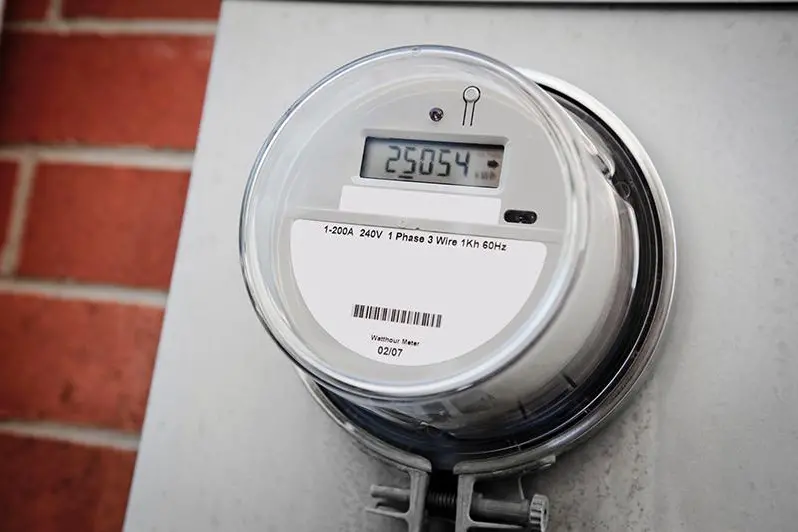PHOTO
(The author is a Reuters Breakingviews columnist. The opinions expressed are his own.)
LONDON - European governments are lining up to thwack energy companies. Average annual bills across the continent are likely to go up 50% this year, and around 70% in gas-reliant Italy and Britain. Italian Prime Minister Mario Draghi said last week that it was reasonable for corporate beneficiaries to share taxpayers’ burden. The tricky bit is how to make them do this.
Last September, Spain thought it had found a way. Utilities with big renewable energy arms like 65 billion euro Iberdrola were, Prime Minister Pedro S?nchez assumed, able to sell electricity at prices inflated by soaring gas prices without an accompanying spike in their own input costs. Yet his government backed off from a 3 billion euro raid after utilities pointed out that they had earlier in 2021 sold electricity in the forward market at non-inflated prices, and any tax might therefore get passed on to customers.
Madrid’s travails point to a key problem for European Union politicians. Unlike France’s EDF, which flagged a potential 8 billion euro hit to 2022 EBITDA because its 80% state shareholder is making the company subsidise domestic power bills, most big German, Spanish and UK utilities are owned by investors. Countries that levy windfall taxes might be viewed as less attractive investment destinations.
Italy, which owns nearly a quarter of Enel, could nevertheless be next. The 69 billion euro group said last week that it had sold 100% of its electricity forward at non-inflated prices. Yet that hasn’t stopped former Deputy Prime Minister Matteo Salvini decrying its “crazy margins”.
One alternative, in Britain at least, is to target oil and gas producers. In the UK, a third of North Sea production is controlled by private equity, which make good whipping boys for politicians. Britain’s opposition Labour Party reckons it can raise 1.2 billion pounds by hiking North Sea corporation tax from 30% to 40%. Disincentivising production risks future supply crunches, but also helps decarbonisation targets.
Oil and gas tax grabs are not a slam dunk. Sector-specific fiscal perks that allow operators to reduce taxable profit may chip away at proceeds, and sensible gas producers sell their product forward, like Enel and Iberdrola. Still, another big chunk of North Sea output is controlled by oil majors like BP and Royal Dutch Shell, both of which are set to unveil bumper results in February. A tax raid predominantly on these companies will raise some money with minimal political downside. That’s enough for a bad idea to become reality.
CONTEXT NEWS
- Italy is likely to increase corporate taxes on energy companies that have benefitted from surging power prices, Italian Industry Minister Giancarlo Giorgetti said on Jan. 12.
- “I think the government will go in that direction,” Giorgetti said when asked whether Rome would raise corporate tax on energy companies as it did in 2008, when there was an oil price spike.
- “The extra profits must somehow contribute to general taxation to allow measures to be taken to help the less well-off,” Giorgetti said.
- Italian Prime Minister Mario Draghi said on Jan. 9 that companies which had benefitted from spiking prices should share profits with society.
(The author is a Reuters Breakingviews columnist. The opinions expressed are his own.)
(Editing by Swaha Pattanaik and Oliver Taslic) ((For previous columns by the author, Reuters customers can click on HAY/ SIGN UP FOR BREAKINGVIEWS EMAIL ALERTS https://bit.ly/BVsubscribe | george.hay@thomsonreuters.com; Reuters Messaging: george.hay.thomsonreuters.com@reuters.net))





















